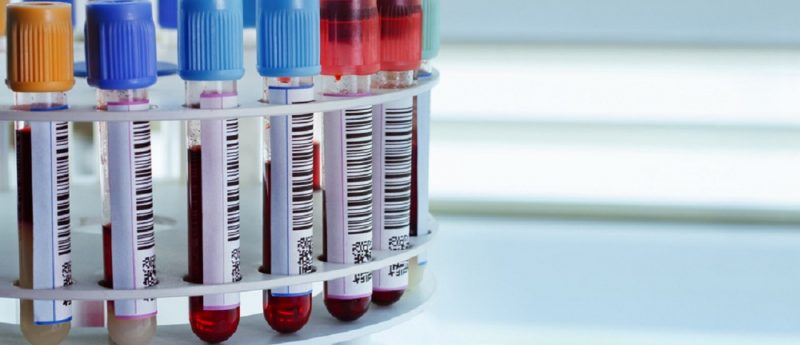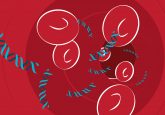Simple blood test may have potential to detect breast cancer

Research currently being conducted at The University of Western Australia (Perth, Australia) is focused on the development of a rapid, simple and less invasive blood-based method of detecting breast cancer progression and relapse by detecting the presence of cancer exosomes, which may be particularly relevant for women with metastatic breast cancer.
The novel blood test being developed has the potential to detect initial symptoms of progression or relapse earlier than current methods such as mammograms, MRI or biopsies. Additionally, due to the simplicity of the test, it provides a cost effective option that can be performed in most routine laboratories.
“Women in rural and remote areas would benefit significantly from the new diagnostic blood test to monitor for low levels of residual or recurrent disease,” commented project lead Katie Meehan.
“Currently it’s costly, time-consuming and physically draining for these women to travel to Perth for regular treatment whereas the new test could be done by a routine pathology lab anywhere.” Meehan continued.
The research is concentrated on the detection of cancer exosomes present in blood. Exosomes are fragments of cancerous tissue shed into bodily fluids that may contribute to the spread and aggression of cancer.
Previous studies have demonstrated that exosome levels increase with more aggressive cancer variants. The novel blood test may have the potential to monitor the extent of exsomes present in patients’ blood during treatment and utilize this measure as an indicator for prognosis.
Meehan concluded: “We hope to show that when exosomes become undetectable in the blood, this indicates the cancer is gone or if exosomes remain in the blood, this may identify a cancer at risk of returning.”
Source: www.news.uwa.edu.au/201609099009/research/simple-blood-test-could-be-used-detect-breast-cancer





